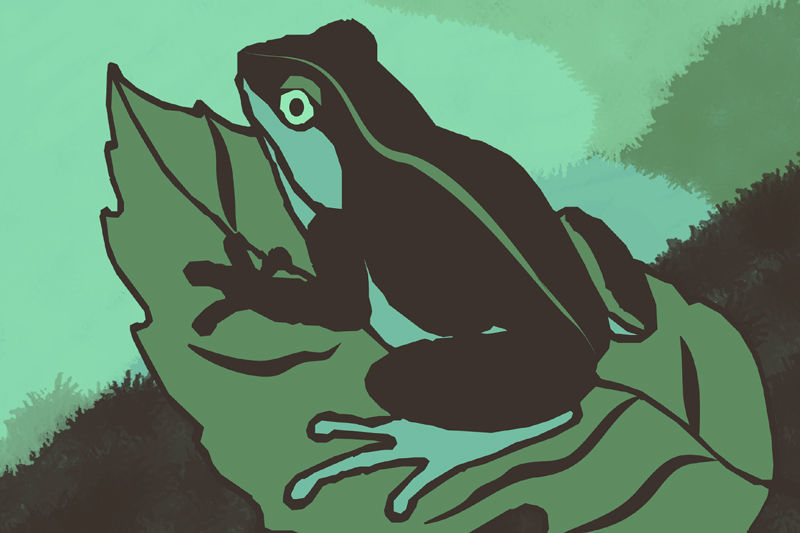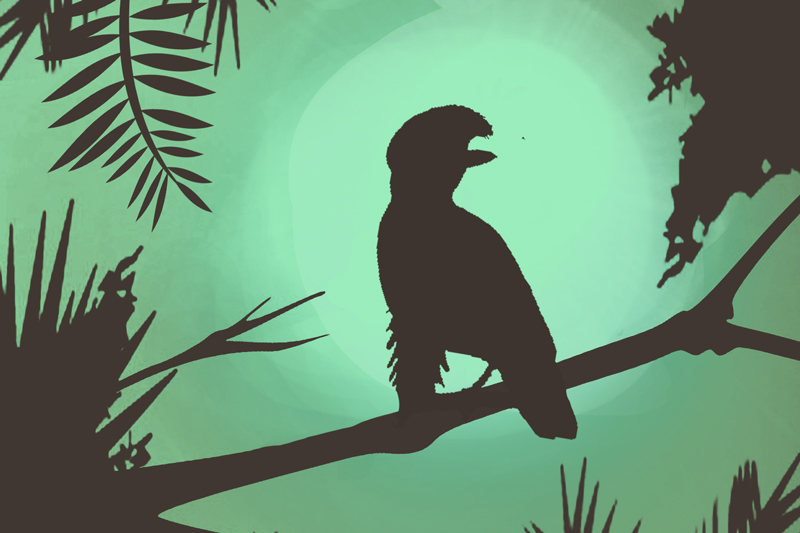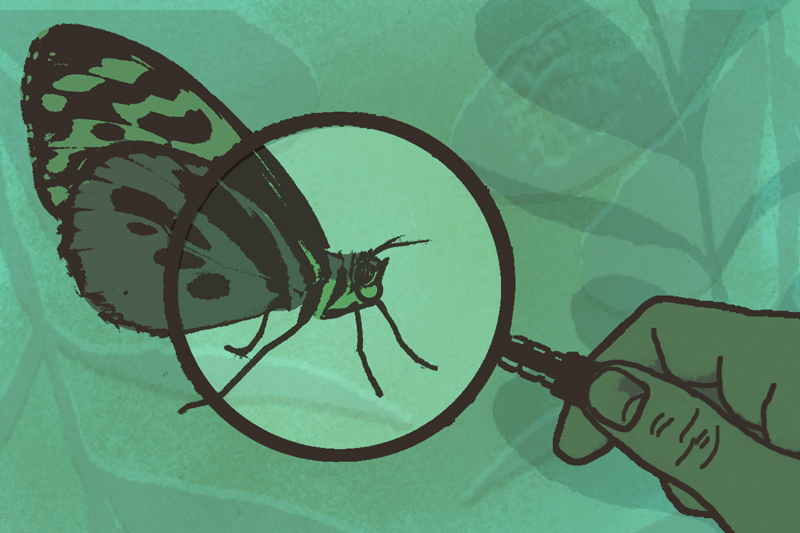Summer is heating up at FCAT! Read below for exciting updates about our youth empowerment and education program, reforestation, regenerative agriculture, science, and more.
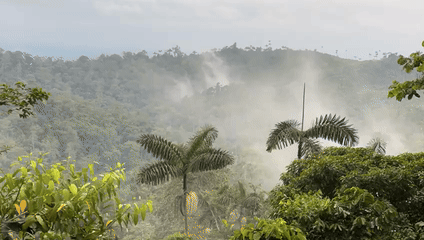

Club Nueva Generación
Club Nueva Generación, our environmental club that empowers local youth to become the next generation of conservation leaders, is approaching its one-year anniversary! Club meetings have involved engaging discussions and captivating demonstrations from local experts on various topics, including GIS technologies, permaculture, herpetology, ornithology, camera trapping for wildlife conservation, and nature photography.
We are thrilled to announce that two exceptional individuals, Thalia and Cynthia, who are active members of the club, have joined FCAT and collaborators in important initiatives. They are actively involved in promoting local food production and gaining insights into the movement patterns of hummingbirds in relation to forest quality and structure. More details on both projects are provided below. We are grateful to the International Conservation Fund of Canada, the European Outdoor Conservation Association, and Doug and Sheila Rogers for their invaluable support of Club Nueva Generación.
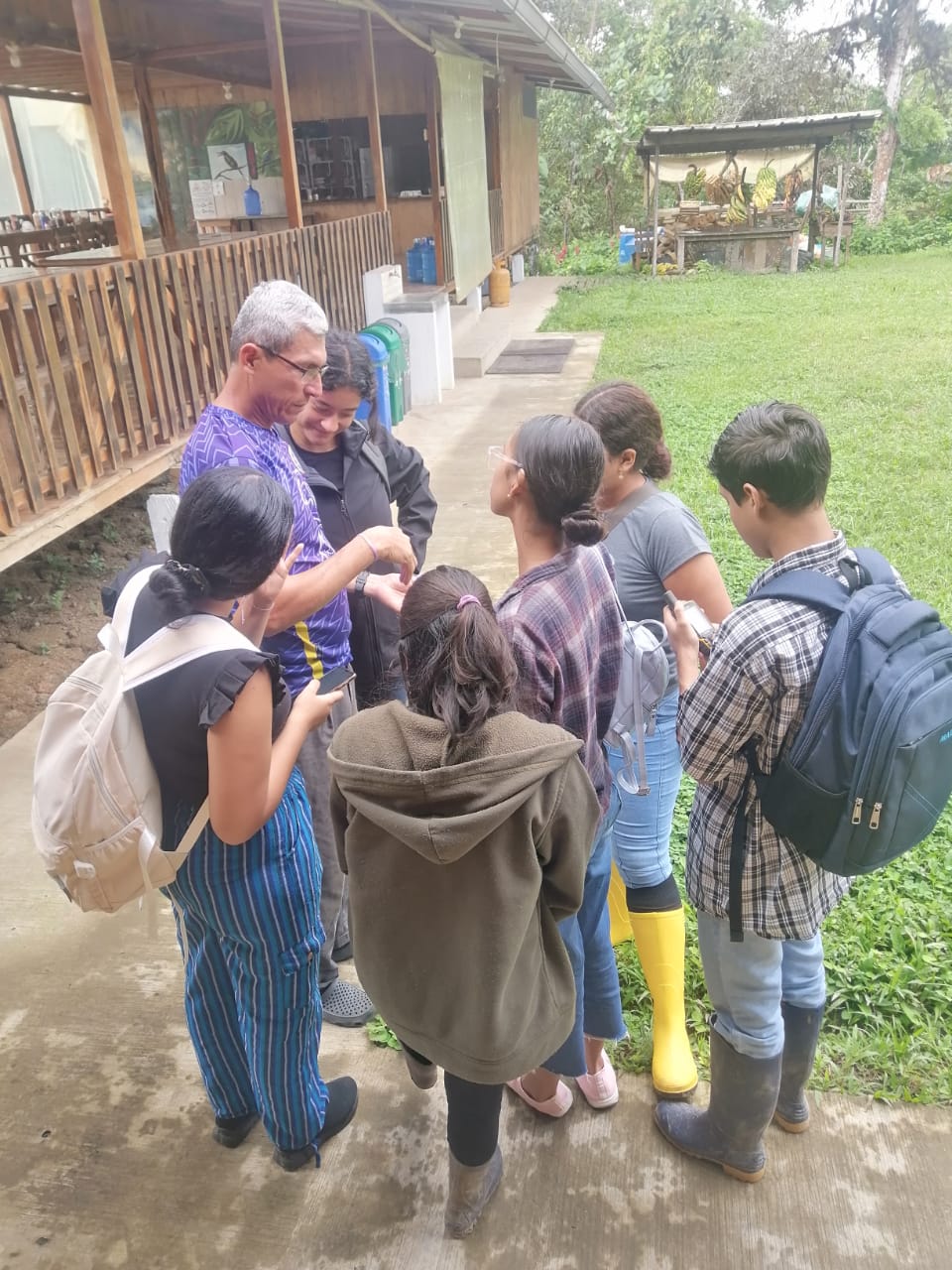

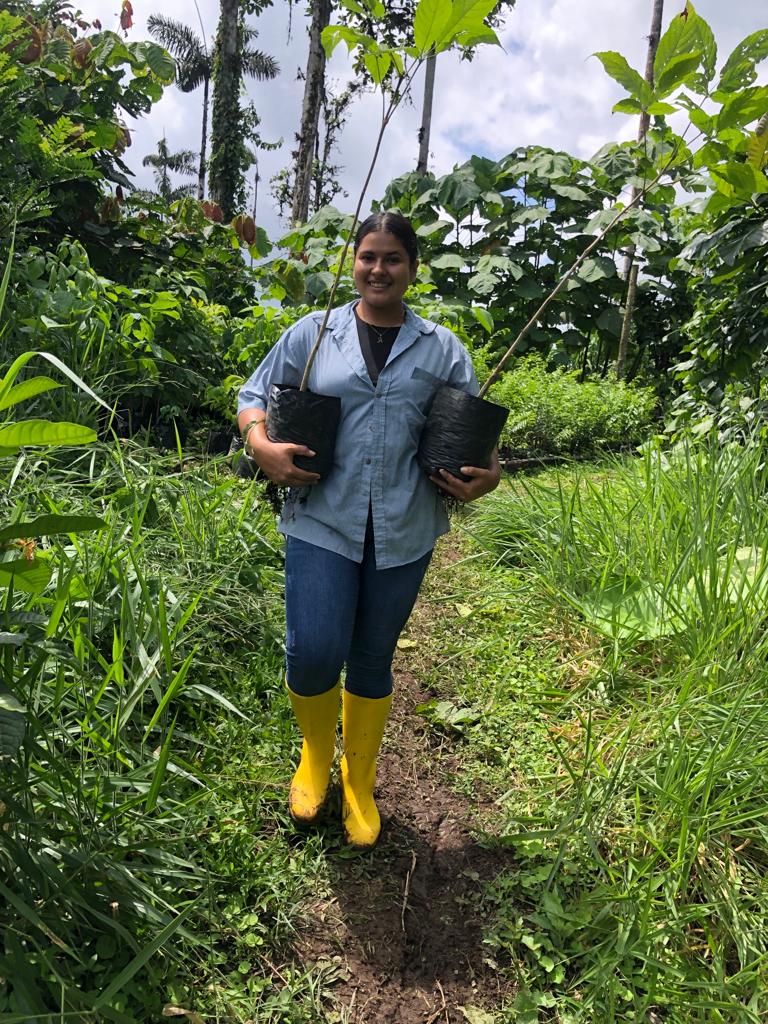

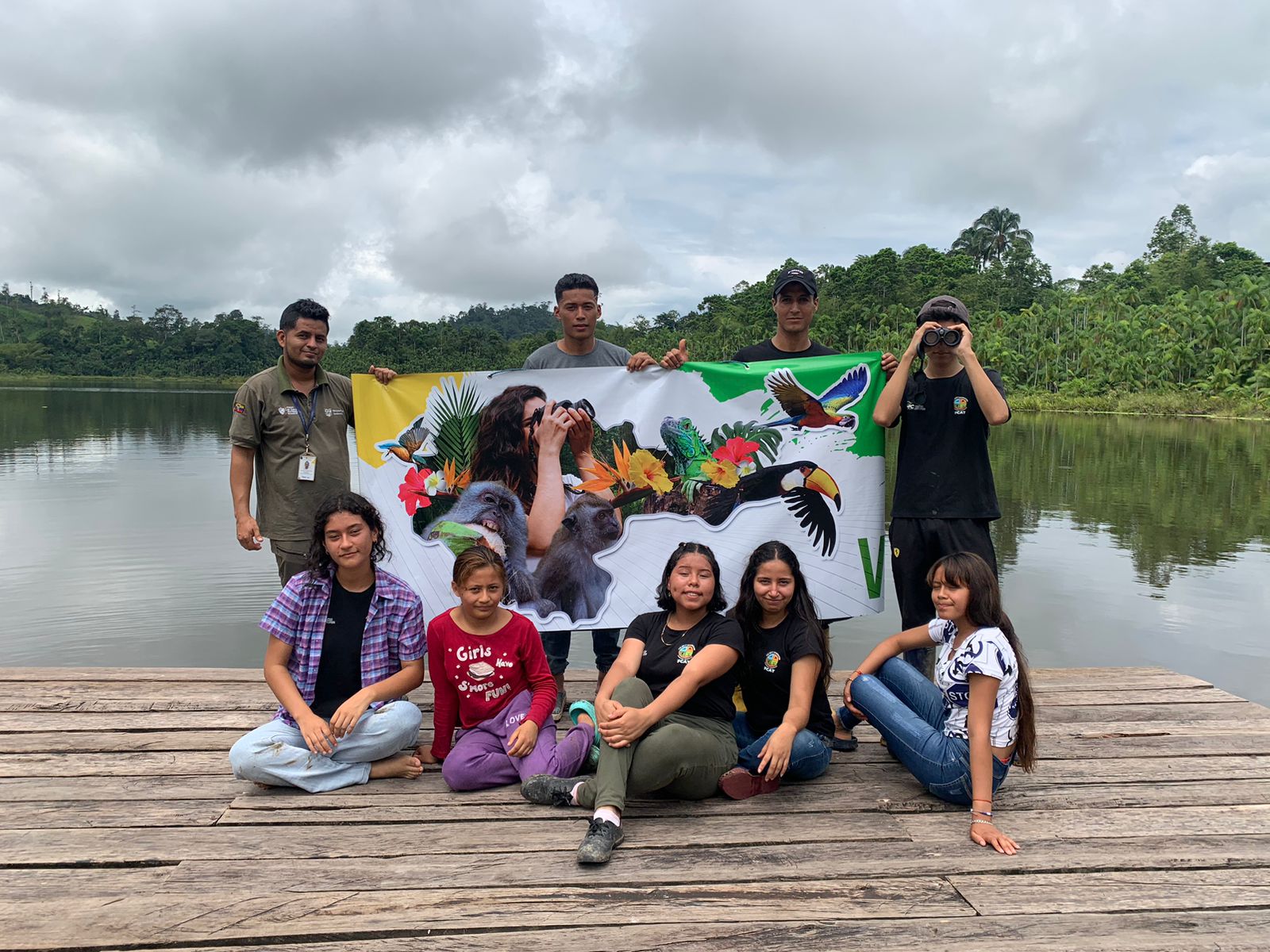

Restoration
As part of the first phase of our land-scale reforestation experiment, we successfully completed our final round of planting earlier this year. A total of over 4,500 seedlings representing 23 different species were planted. Our approach employed a rigorous scientific design aimed at gathering crucial information on how to efficiently and effectively accelerate forest recovery in tropical landscapes by manipulating factors such as species selection and planting spacing.
We are planting pioneer species like balsa that will create a more beneficial microhabitat for slower growing, longer-lived species, as well as provide a possible economic incentive to landholders to reforest. Balsa can be harvested in as little as 4-6 years– balsa that we planted last year are already over 2 meters tall! In February, collaborators Miles Silman and David Segurado completed the first in a series of drone flights using Lidar technology that will enable us to monitor and track the growth of our reforestation plots over time.
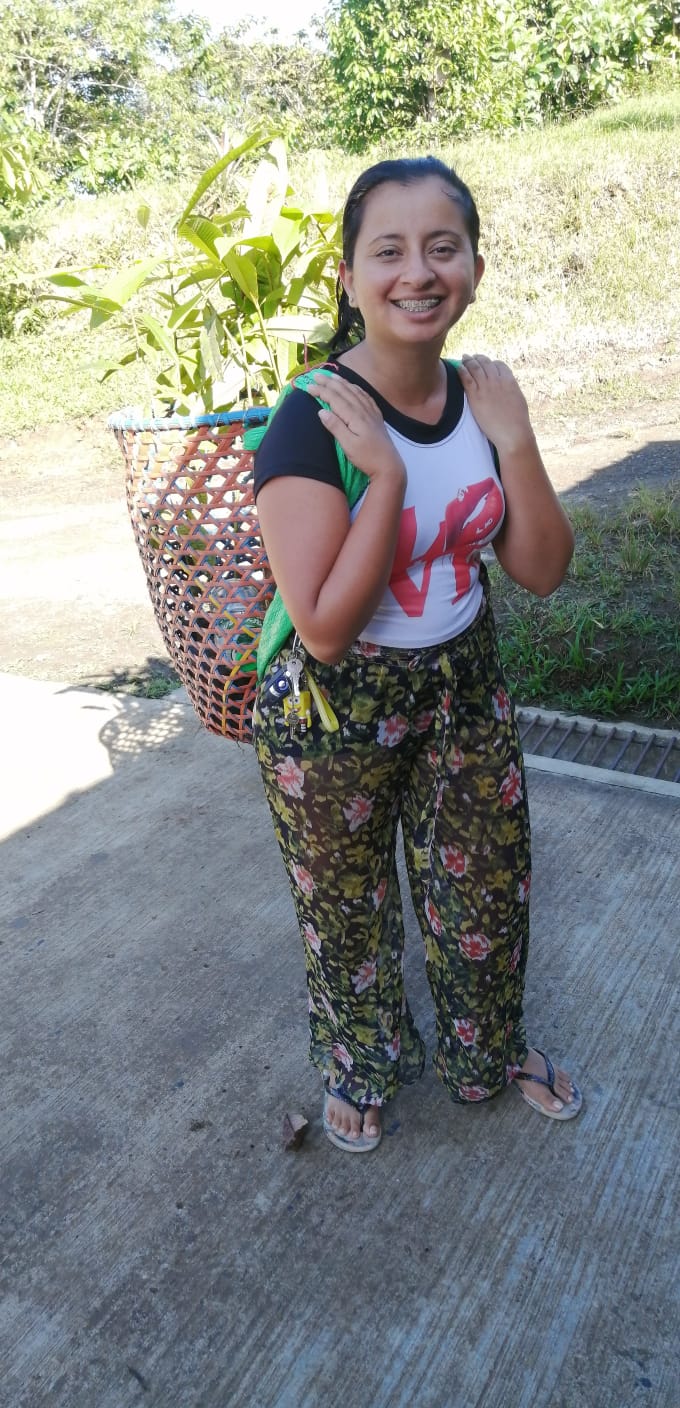

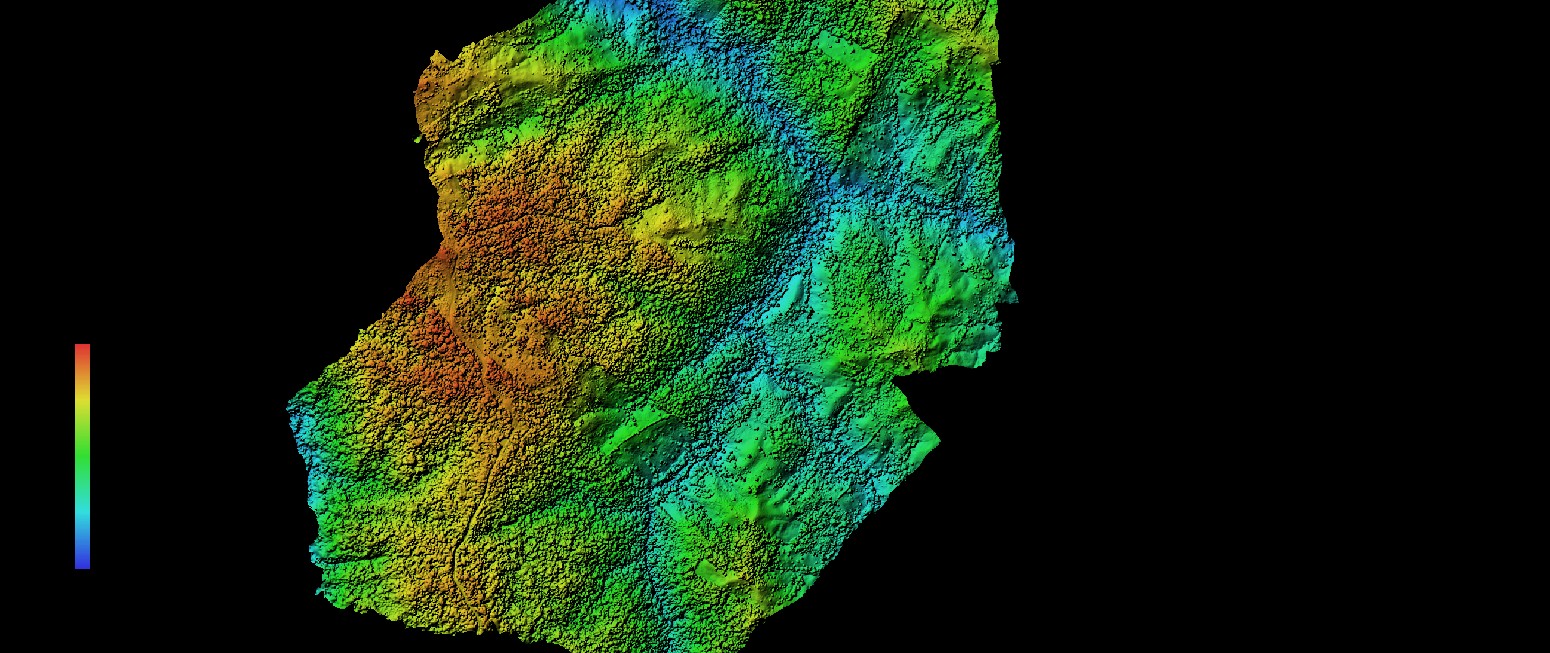

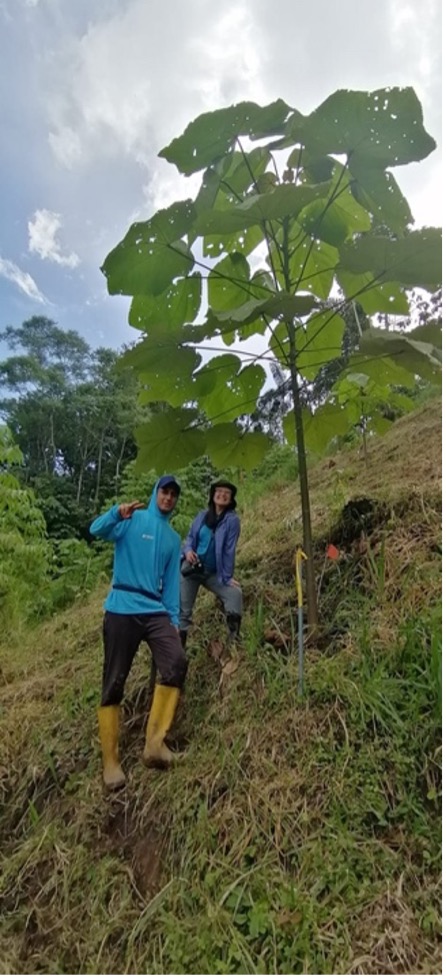

Regenerative Agriculture
Fernando Castillo, winner of last year’s Disney Local Conservation Hero Award, has spearheaded the implementation of permaculture practices locally, with the short-term goal of producing the majority of food for visitors and staff at the FCAT station.
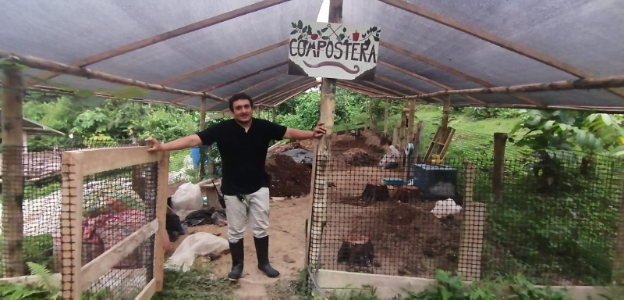

We have created a composting system to handle the hundreds of pounds of organic waste generated in the kitchen each week during periods of high visitation. The compost will be used in 30 raised vegetable beds to produce local, organic vegetables while minimizing carbon emissions and environmental impact. Our overarching objective is to enhance food security and nutrition in the neighboring local communities. To achieve this, we plan to commence by implementing a sustainable farm model within FCAT, conducting scientific research to optimize the inputs and outputs of our permaculture system, and eventually expanding our efforts to benefit local communities at scale.








Science!
New species described
Collaborators Walter Palacios and colleagues have recently described a new species of tree, Cedrela angusticarpa, with one of its few populations located within the FCAT Reserve. This species is likely to be listed as critically endangered. With support from the Franklinia Foundation, we are researching the natural history of C. angusticarpa, mapping new populations, and directly increasing its population size through reforestation.
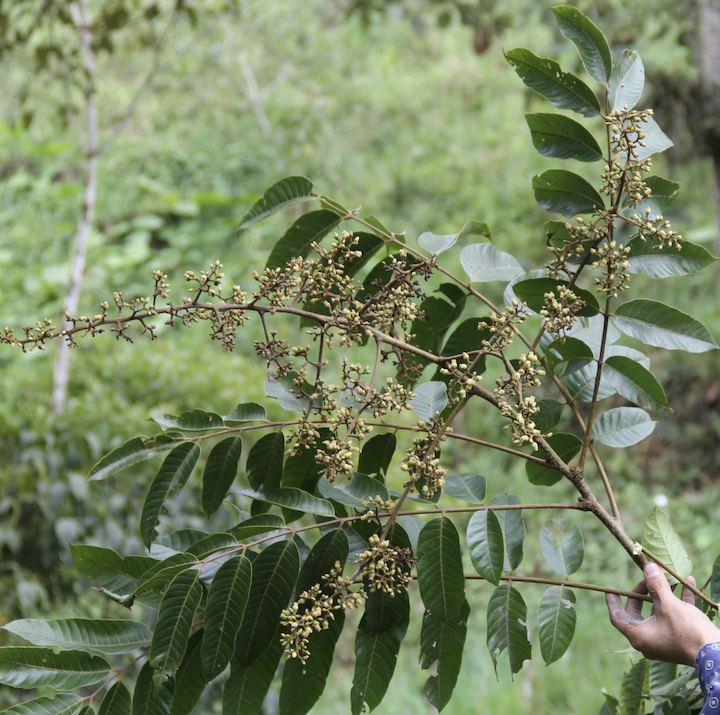

Deforestation monitoring
Using a combination of machine learning and high-resolution satellite imagery, the FCAT team has developed a deforestation alert system that can provide high resolution mapping of deforestation hotspots in near real-time using freely available methods. Read the full report here. In a preliminary analysis of deforestation between 2019-2022, we’ve detected much higher rates of deforestation than currently available deforestation alert systems and at a much higher spatial resolution. With this proof of concept in hand, we are working with regional partners to apply the system to other areas of western Ecuador, where detecting deforestation from satellite imagery has been difficult due to near persistent cloud cover.
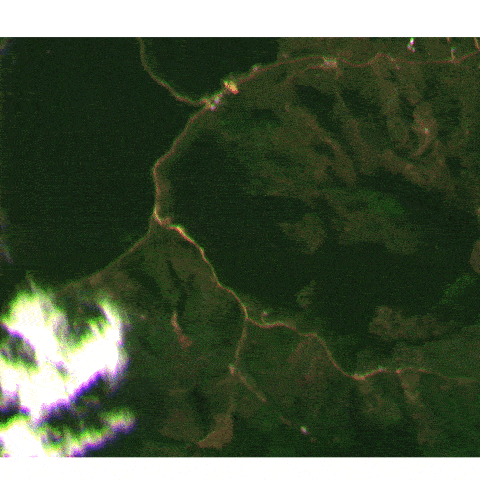

Researcher highlights
This summer marks the fourth year of operation for our field station, and we are excited to welcome hundreds of visitors from around the world. Many of these visitors will be engaged in diverse research topics, including studies on hummingbirds, bats, water quality, and more. Judith Santano, PhD student at Tulane University, will tracking the movements of hummingbirds with tiny radio transmitters to better understand how forest quality and disturbance influences their behavior. Phoebe Reuben and Hannah Eiseman, PhD students at Tulane University, have been capturing bats at the FCAT field station with FCATeros Luis Zambrano and Dario Cantos in an effort to better understand how landscape factors influence the diversity and health of bat communities and also the likelihood of disease spillover between bats and other potential hosts.




FCAT Team Updates
In a vibrant celebration that united family, friends, and local communities, we commemorated the 20-year anniversary of core FCAT members Jorge Olivo, Domingo Cabrera, and Luis Carrasco, as well as the remarkable 30-year anniversary of Carlos Aulestia. Together, these dedicated individuals possess nearly a century of experience in on-the-ground conservation efforts in the Ecuadorian Chocó region. Their significant contributions have profoundly influenced the course of conservation in the area.
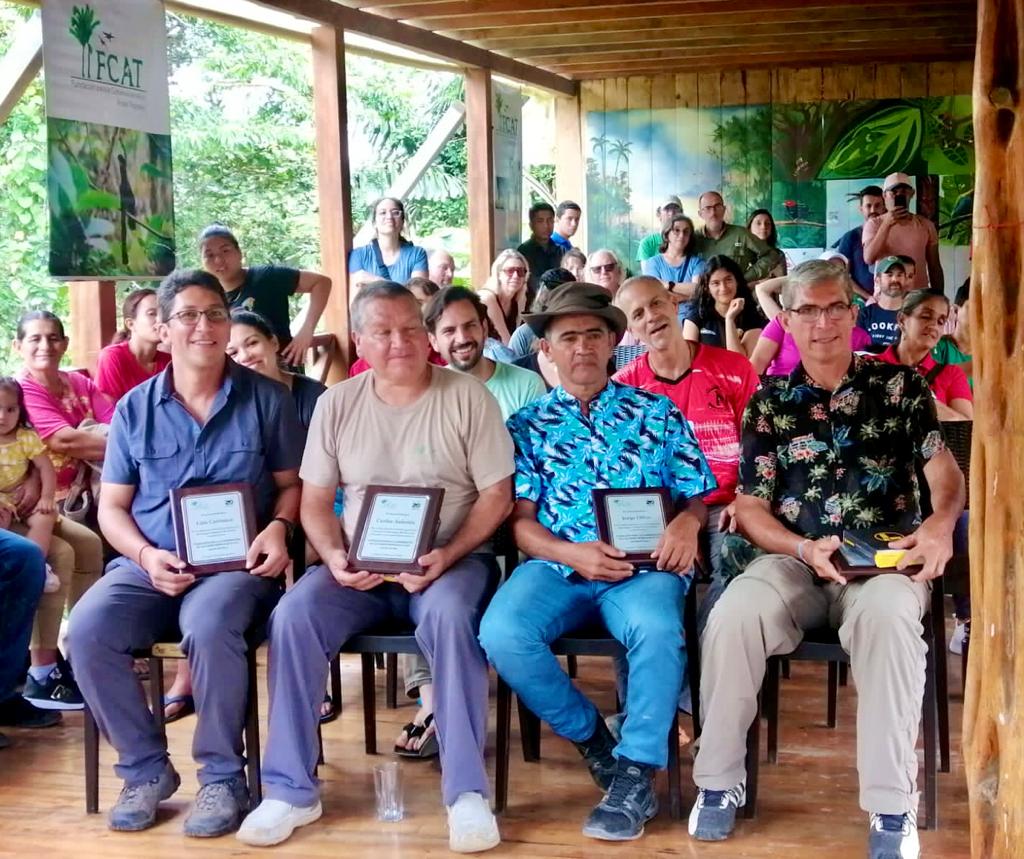

FCAT staff have been busy preparing for the upcoming summer period, which will be busy running field projects with students and researchers. FCAT staff recently received a week long intensive course in wilderness first aid with support from the March Conservation Fund LARSI program, staff-wide harassment training, and have also been practicing their English!
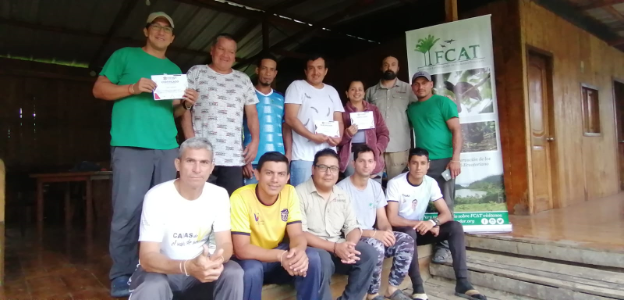

We’d like to welcome a new member to the FCAT team, Jordan Cruz, who recently finished a masters in Tropical Ecology and Conservation from Universidad San Francisco de Quito and will be serving as Program Manager. In other exciting news, former Executive Director Margarita Baquero began a Doctoral Programme in Bioscience Engineering as KU Lueven-Belgium focusing on measuring the carbon footprint of avocado production, through Life Cycle assessment, for smallholders farmers in Ecuador. Margarita will continue working with FCAT. We are so excited for this next step for Margarita!
